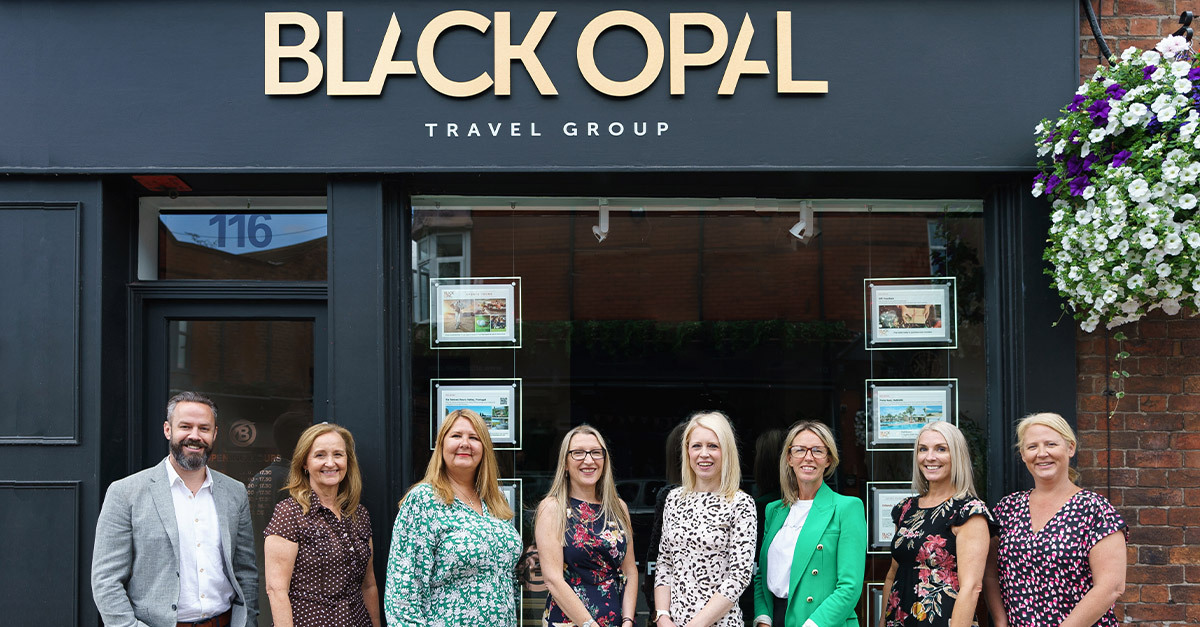Portugal advocate 'thrilled' after destination is removed from travel 'red list'
A travel agent who campaigned for Portugal to be taken off the UK’s travel ‘red list’ has said she is “thrilled” that the destination is set to be removed.
Pippa O’Keefe, a 360 Private Travel homeworker who owns Bath-based agency Pippa Rose Lifestyle, started a petition on March 5 to get Portugal taken off the government’s list of high-risk countries, from which foreign travel is currently banned. Within 48 hours, the petition had garnered 10,000 signatures and it has since surpassed 25,000.
The Department for Transport confirmed on Monday that Portugal would be removed from its ‘red list’ as of 4am on Friday, March 19, along with Indian Ocean nation Mauritius.
It means Britons returning from these destinations will no longer have to quarantine for 10 days in government-approved hotels at a cost of around £1,750 per person.
Arrivals will still have to self-isolate at home for 10 days, taking Covid tests on day two and day eight after arrival. They can end their quarantine early through the government’s ‘test to release’ policy.
“I’m absolutely thrilled it has been removed,” O’Keefe said.
“I’m so happy, purely because if anything, [the campaign] shone some light on Portugal and got a lot more people involved, like small Portuguese restaurants and hotels that ordinarily wouldn’t think they have a voice.
“Portugal has really suffered with the lack of tourism so it's positive to think they’ll be able to make some of that back now.”
She added: “The success of the petition is a little bit surreal to be honest. It all happened so quickly and there was me thinking I wouldn't even get 10,000 signatures.
“The Portuguese are so patriotic; I’ve had so many messages saying ‘thank you for fighting for us’. I didn't quite realise how much it really means to them, but it means the world.”
O’Keefe, who grew up in Portugal and is known within the 360 Private Travel network as a Portugal expert, said she felt compelled to set up the campaign after learning that Portugal was the only European country on the list.
“I noticed a lot of travel companies and media outlets being very cautious about publicising the destination,” she said.
“Some headlines were even saying ‘10 years in jail for going to Portugal’ – they didn’t deserve that.
“When it's singled out, people are apprehensive about booking. It dented confidence and gave the country a bad name, so I wanted to give them some positive PR.”
But while the destination will no longer be on the UK’s travel ‘red list’, O’Keefe believes there is still more to be done.
“Even though it’s come off [the list], the damage to Portugal’s reputation has already been done,” she said.
“From a client confidence perspective, it would be nice to put people's minds at ease and have a reason for why it was on there.
“The only justification we’re getting at the moment is that it was because of its links with the Brazilian variant, but that has been found in the UK, Switzerland and Austria too.
“We just want some justification to set the record straight and clear Portugal’s name.”
The DfT said the removals this week came “following evidence that shows the risk of importing a variant of concern from these destinations has reduced”.
Portugal was one of 16 destinations to which travel was banned in January in response to concerns over a new Covid variant originating in Brazil.
The DfT said that Portugal has now “put steps in place to mitigate the risk from its links with countries where variants have become a concern, and now has genomic surveillance in place”.
A blanket ban on all non-essential travel from the UK remains in place as part of wider national lockdown rules.









